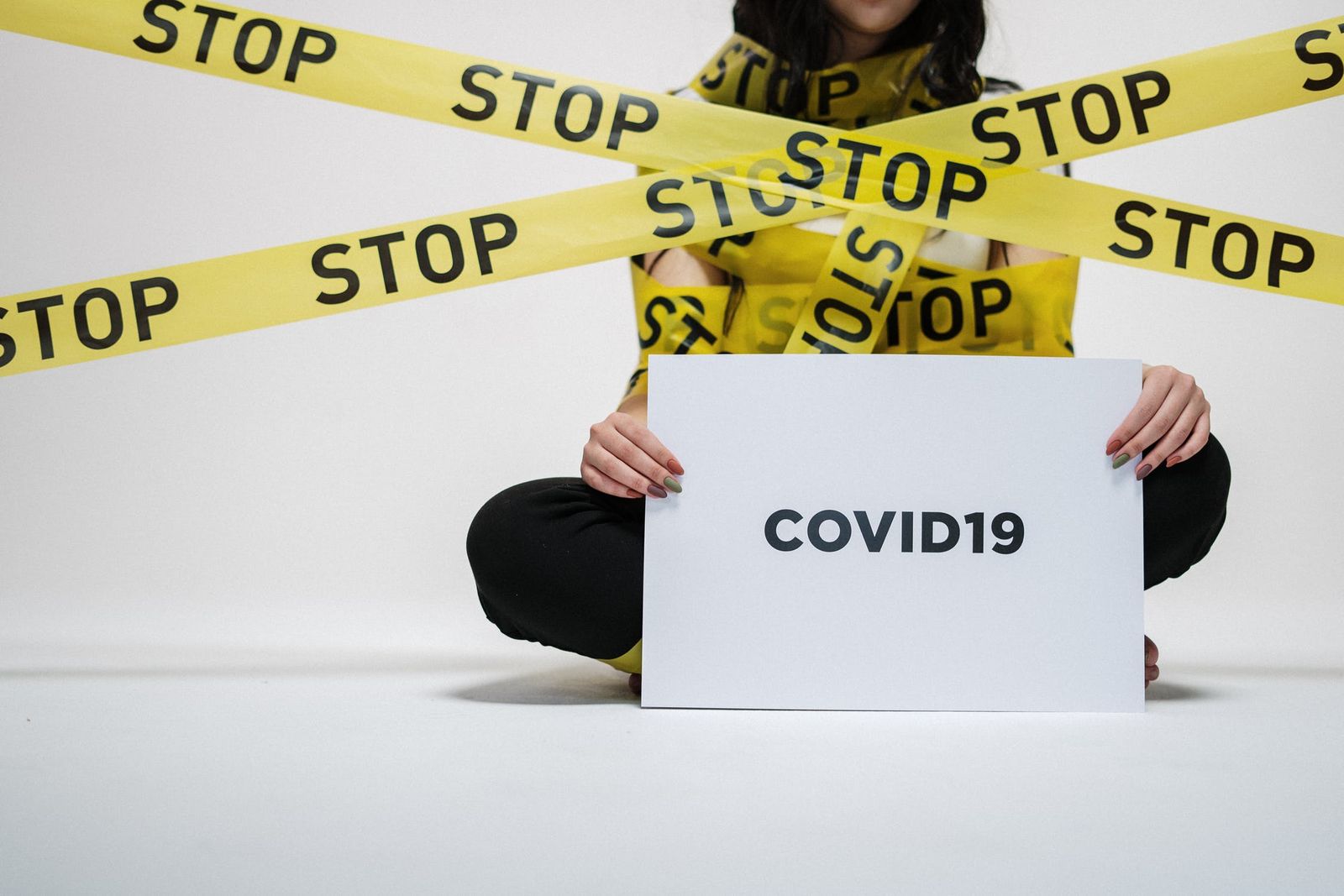
First and foremost, it should be said that we love our hotel partners. As hospitality professionals, their optimistic, can-do attitudes help meeting planners not only envision creative experiences for their members and attendees, but over time they become great friends and confidants.
But the last 18 months have not been kind to them. Ongoing furloughs and layoffs are just the beginning. While some have opted to move on to new career paths due to the uncertainty of recovery, others have come back to new teams that are inexperienced and short-staffed.
Having attended, planned and facilitated a number of in-person meetings over the last couple of months, following are 10 hotel challenges I’ve experienced that you should be aware of and plan to overcome as you work on fall and winter events:
-
The general manager may be your temporary CSM. Some properties have not yet been able to bring back a dedicated convention services manager (CSM). In those cases, you may be working with someone who’s not really had to draw up diagrams or create event orders in a very long time (if at all). Alternatively, your CSM may be working a part-time schedule, causing longer-than-usual delays to your “quick question.”
-
Planning windows may be squeezed back to just 30-60 days. Where you normally might have a full year to work with your conference hotel to plan every detail of your upcoming event, I’ve received more than one automated message in the last few months indicating that a CSM would be assigned and planning would begin 30 days out. In almost all instances, a final set of event orders was not ready for review and signature until a few days out.
-
Staffing levels are generally not at pre-pandemic levels. This includes housekeeping and banquet staff, among many other affected departments. I’ve gotten in the habit of asking how many servers are planned for each general session meal function and how many tables each will be assigned.
-
Event orders may not be followed as closely as in the past. While it’s every meeting planner’s dream to “set it and forget it,” due to a combination of reduced, inexperienced and recently promoted staff, I’ve found it necessary to more closely monitor the event orders to ensure all tasks are completed.
-
Plan for limited service and communicate accordingly with your guests. Rooms may no longer be cleaned daily, restaurants and convenience stores may be closed or hours reduced, pools and gyms may have new restrictions, and the list goes on. As early as you can, ask your contact which hotel services will be impacted and share those details on your event website, in your know before you go email and in the event app.
-
Shipping timelines may be severely impacted. For one recent client, our shipments never even made it to the hotel in time for our event despite being sent two weeks in advance. In other instances, shipments may arrive but due to limited staff, may not be received, logged, and stored with quite the same vigor. As always, leave yourself plenty of time, log tracking numbers, and arrive early to locate shipments.
-
Food and beverage just isn’t the same. Whether it’s a change in chefs, supply-chain issues, or a heavier reliance on pre-packaged or pre-made foods, food and beverage in my experience hasn’t quite been hitting the mark. Or maybe it’s because we’ve been making our own meals at home for so long that our tastebuds no longer appreciate “conference chicken.”
-
There’s been no massive technology upgrade since your last event. For those now supporting hybrid events and/or relying on affordable/reliable WiFi for their attendees, first check your hotel contracts to determine if quoted price points may need to be revisited. Second, get clear about your enhanced technology needs and determine if the hotel can deliver. If not, it may be necessary to partner with a third-party AV supplier.
-
Expect little direction when it comes to COVID guidelines. The large hotel chains have all come out with their commitment to safety. However, I’ve had to share with the hotel in every instance my vision as it relates to COVID protocols and expressly outline my expectations for hotel staff. In most instances, hotels have been amenable. In the rare instance, some have tried to charge for additional staffing (e.g., coffee attendants).
-
Emergency response plans infrequently outline quarantine protocol. Wondering what should happen to a guest if they were to become ill and exhibit signs of COVID-19? My best recommendation is to be proactive, develop a plan, communicate it with your hotel partners and attendees, and be prepared to implement it.
We have to be patient. Our hotel partners are doing the best they can. But it’s not business as usual right now. As planners, we can be good partners by ensuring we are asking every question that we normally wouldn’t ask.
If you or your team has been planning and facilitating in-person meetings and events, please share with us your hotel challenges (and recommended solutions) using the comments below or by emailing us at [email protected].
---
Photo courtesy of Pexels.com/cottonbro.


